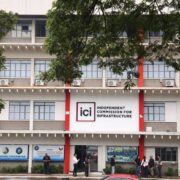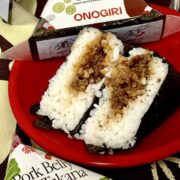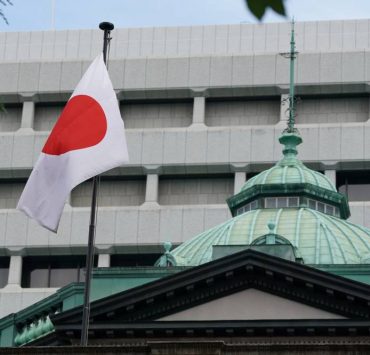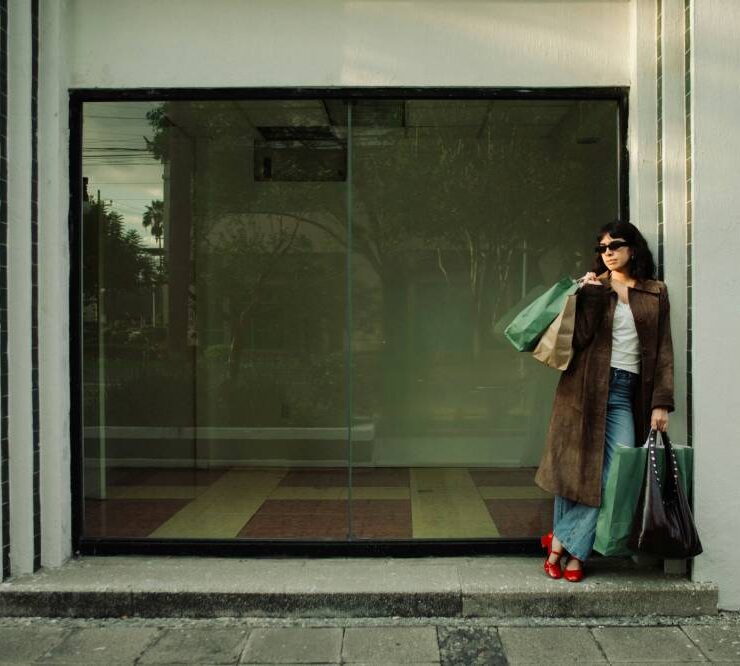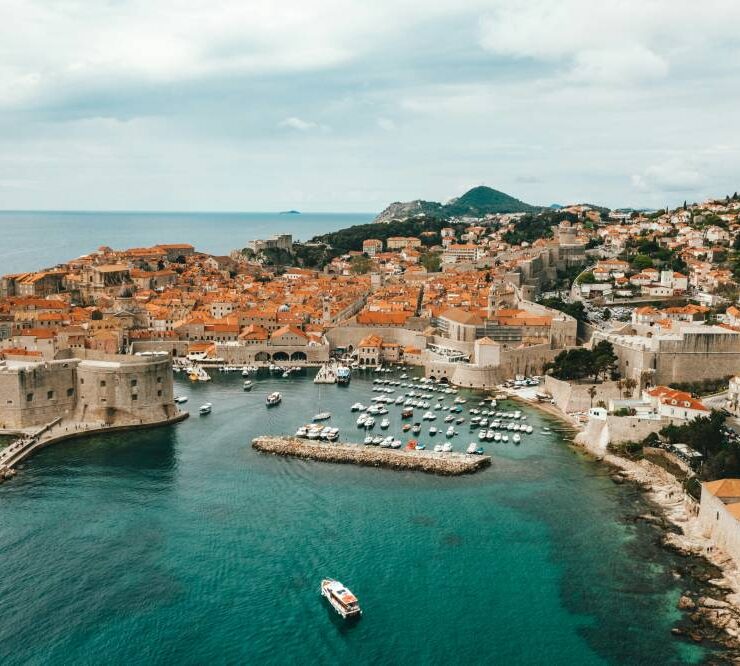A taste of Japan in the Philippines
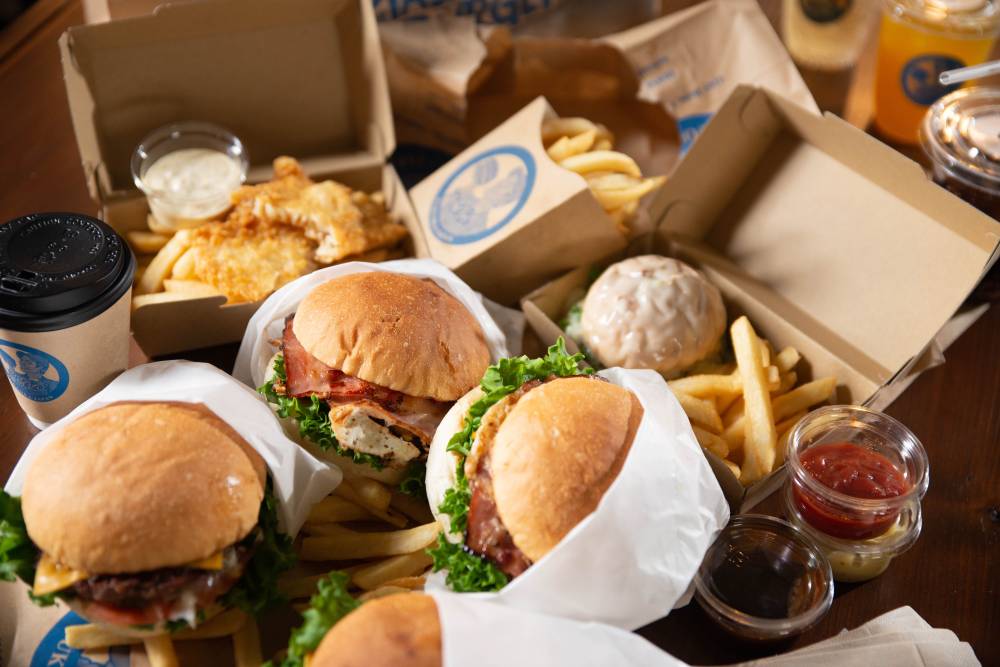
It’s easy to see why many people have fallen in love with Japanese food. A testament to balance, craftsmanship, a strong attention to detail, and respect for ingredients, it is a cultural experience that is just as nourishing as it is tasty.
And with countless regional specialties and styles to explore, there’s a dish for everyone—no matter the age or craving.
Now, you don’t need to travel all the way to the Land of the Rising Sun to enjoy the best of Japanese cuisine, as these concepts have found a new home here in the Philippines.
Ito Ranch Matsusaka Beef from Prime Cuts by Doubleday
Wagyu is a beef cut that has long been associated with prestige. Prized for its delicate marbling, buttery texture, and rich, umami flavor, it showcases Japan’s dedication and attention to detail. Among its esteemed varieties is Matsusaka beef—one of Japan’s rarest and most celebrated culinary treasures.
Known as the “Queen of Wagyu,” Matsusaka has an exceptionally low melting point of around 12 degrees Celsius, which gives it that melt-in-your-mouth texture. While rarely exported due to limited quantities and strict certification standards, Ito Ranch and Prime Cuts by Double Day successfully brought this delicacy to the Philippines.
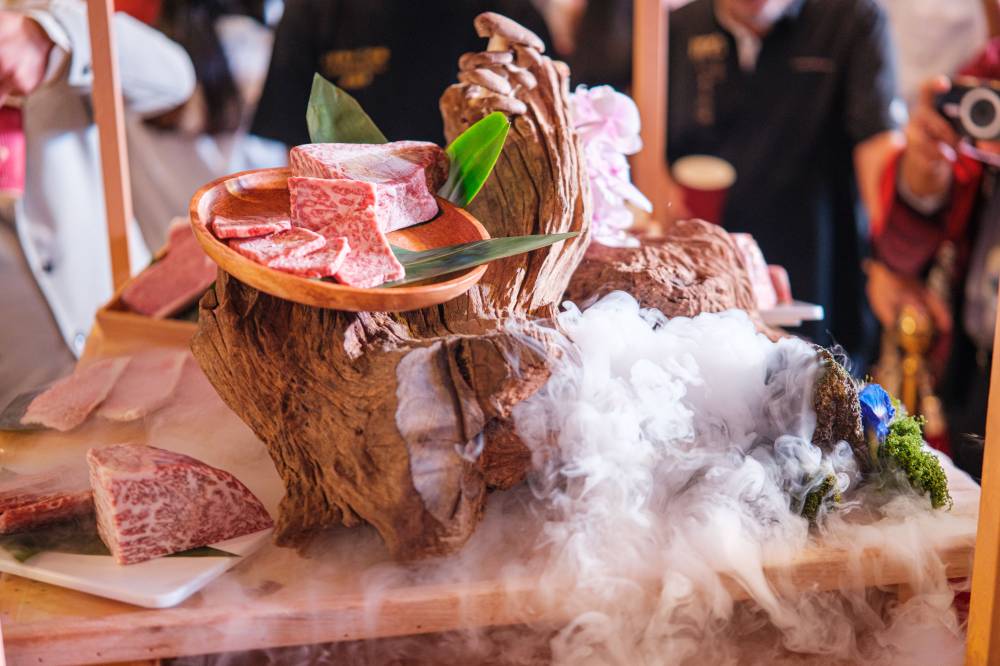
“This launch is about more than introducing our beef to a new market—it’s about sharing the care, patience, and generations of tradition that go into every step of raising our cattle,” says Hiroki Ito, third-generation head of Ito Ranch in Mie Prefecture. Founded in 1953, Ito Ranch is Japan’s most awarded Matsusaka producer, with over 35 competition wins and a three-year Grand Champion streak from 2017 to 2019.
Ito Ranch Matsusaka beef will be available in partner establishments like Teppanya and Sicilian Roast, and for direct ordering, whether for business or personal consumption. For more information, visit dprimecuts.com or contact sales@dprimecuts.com
Menya Kokoro
Noodles, soup, protein, and the occasional greens and aromatics. This is how many of us know ramen. But just as there are many ways to prepare the dish, every bowl tells a different story, depending on the region of origin, the hands that prepare it, and the history that inspires it.
Mazesoba, or brothless ramen, has quickly become popular here in the Philippines. But for those who want to truly experience authentic Japanese mazesoba, Menya Kokoro is key.
Originally from Osaka, Menya Kokoro has made a name for itself for its signature mazesoba—flavorful, sauce-tossed noodles that come with a wide variety of toppings. More flavorful and umami-packed compared to the usual ramen, it is surprisingly versatile in Menya Kokoro’s hands, becoming a canvas for innovation and modern flavors, while still offering beloved classics.
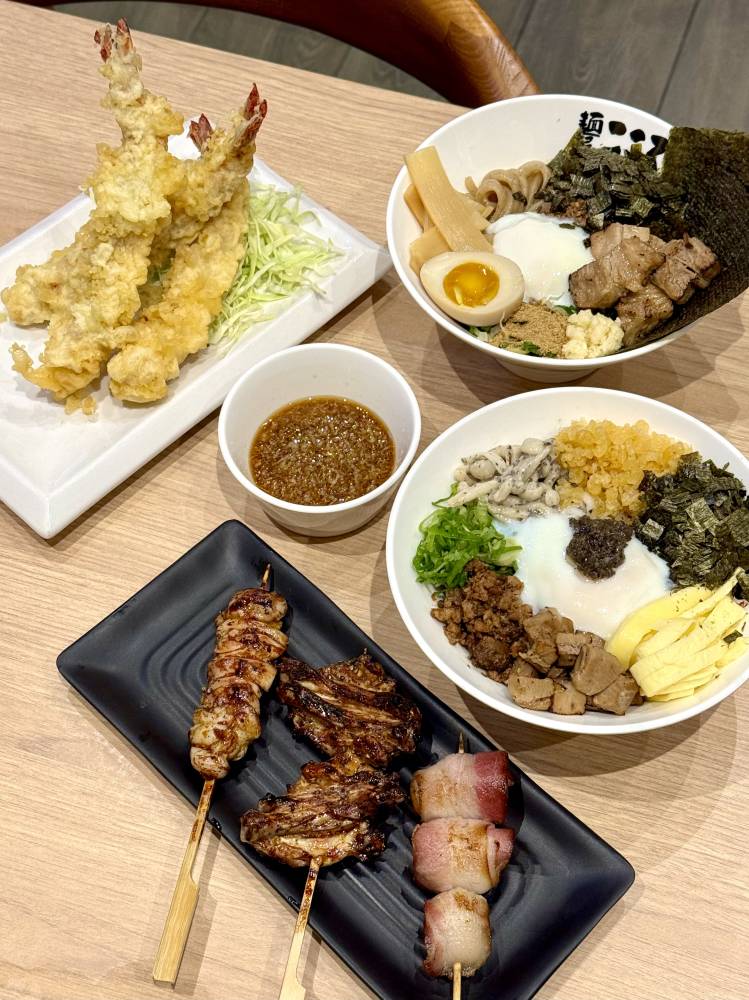
According to Malvin Ang, the restaurateur who brought in the Osaka concept, the proper way to eat a mazesoba is to mix the noodles and all the components before eating to properly incorporate all the flavors. Some even opt to add Japanese vinegar in theirs for a bright acidity to contrast the richness of the dish.
Must-try dishes include the Zenbu mazesoba for those who want authentic Japanese fare, while the truffle mazesoba’s earthy flavors bring in the adventurous foodies. Other Japanese dishes are also available, but at their San Juan branch you can get the elusive charcoal-grilled yakitori options.
Menya Kokoro has branches at Uptown Mall BGC, The Podium Mall, and Gallery 7 on A. Mabini Street, San Juan
Masajiro Burger
Most burger concepts will champion their meat patties, but for Fukuoka’s famous Masajiro Burger, their golden buns are the star. This stems from the brand’s heritage, first starting off as a bakery in 2014. Their deep understanding of bread shows as they’ve perfected the buns to make sure that every bite is a balance of flavor and texture.
True enough, a taste of Masajiro Burger’s offerings is a delectable mouthful, whether you try the classic variants or even the uncanny avocado burger. But while Masajiro Burger takes pride in their soft, baked-to-perfection buns, the patties are not to be dismissed either, as their beef burgers are made with prized wagyu beef from Kagoshima.
Must-tries include the Masamax, one of their signature burgers. Masajiro’s iconic golden buns flank a juicy wagyu patty, along with deep-fried mozzarella wrapped in mochi. Manila marks the beginning of Masajiro Burger’s expansion into the global scene.
Masajiro Burger is located on the 2nd floor, Glorietta 2, Makati City
Wasachi
Before starting Wasachi, founder Takuma Yamanaka would never have imagined meeting so many interesting people. The year-old matcha cafe, which started as a 10-seater space in Tokyo and now has outposts in Kyoto and Manila, has quickly become a favorite among the world’s creatives. Daniel Calvert, chef of Michelin three-starred restaurant Sezanne, lauded it as having the best matcha latte in Tokyo, while Golden Globe and Emmy Award winner Anna Sawai named the cafe a favorite.
Fully Booked managing director Jaime Daez also had high praise for the matcha brand. “I wasn’t really an avid fan of matcha until I tasted Wasachi,” he says. “It completely changed my perception, and I knew I had to bring it home.”
Thus begins the partnership between Wasachi and Fully Booked. The Power Plant branch of the bookstore has recently been revamped into a Fully Booked x Kinokuniya store, and now also houses Wasachi’s first international outpost.
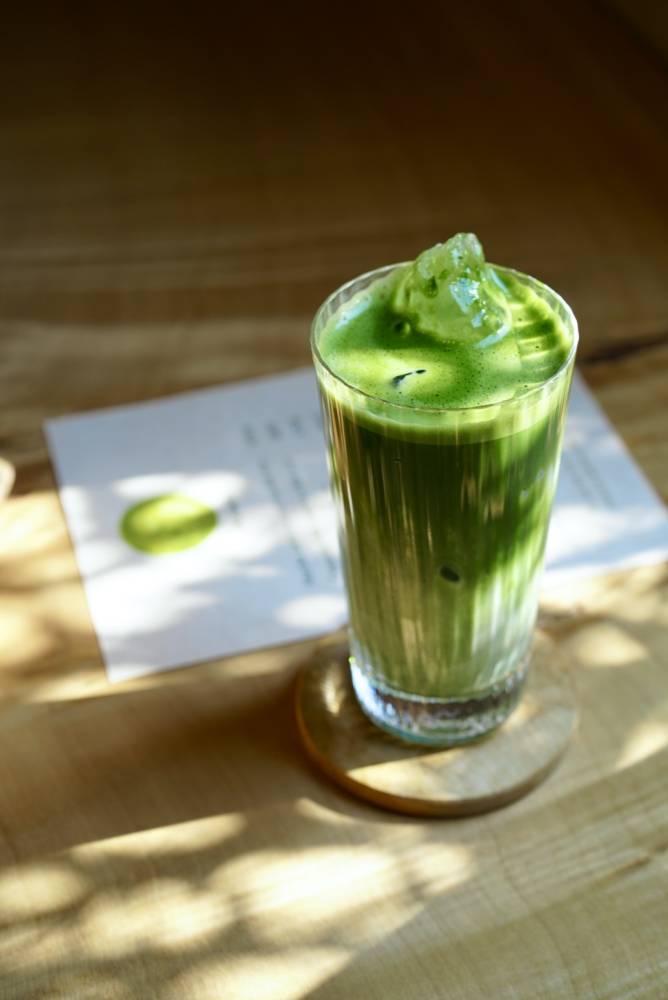
In line with Yamanaka’s vision to “share the happiness of authentic Japanese matcha with the world,” Wasachi Manila reflects the brand’s aesthetic and values. The bright space incorporates all-natural materials, opting for natural woods, greenery as accents, and lighting shaped like Japanese lanterns.
“Although we’ve modernized a bit, we wanted to keep the beauty of Japan through a less is more kind of design, and we strongly believe in the beauty of nature,” Yamanaka says.
Wasachi also owes its success to the tea farmers they work with. “The matcha, I’m just confident because of the great farmers. We’re very proud to present their products here,” Yamanaka says. Currently, Wasachi sources its tea from Yame in Fukuoka Prefecture, a rural city known for their high-quality teas.
For their Manila outpost, Wasachi is offering a Philippine-exclusive drink: the mango matcha latte. A true representation of this Filipino-Japanese partnership, the drink features local sweet mangoes mixed with milk and matcha, creating a cool drink that’s both refreshing and calming.
Aside from drinks, pastries and savories are also available at the cafe.
Wasachi is located at Fully Booked x Kinokuniya, 3rd Floor, Power Plant Mall, Makati City






